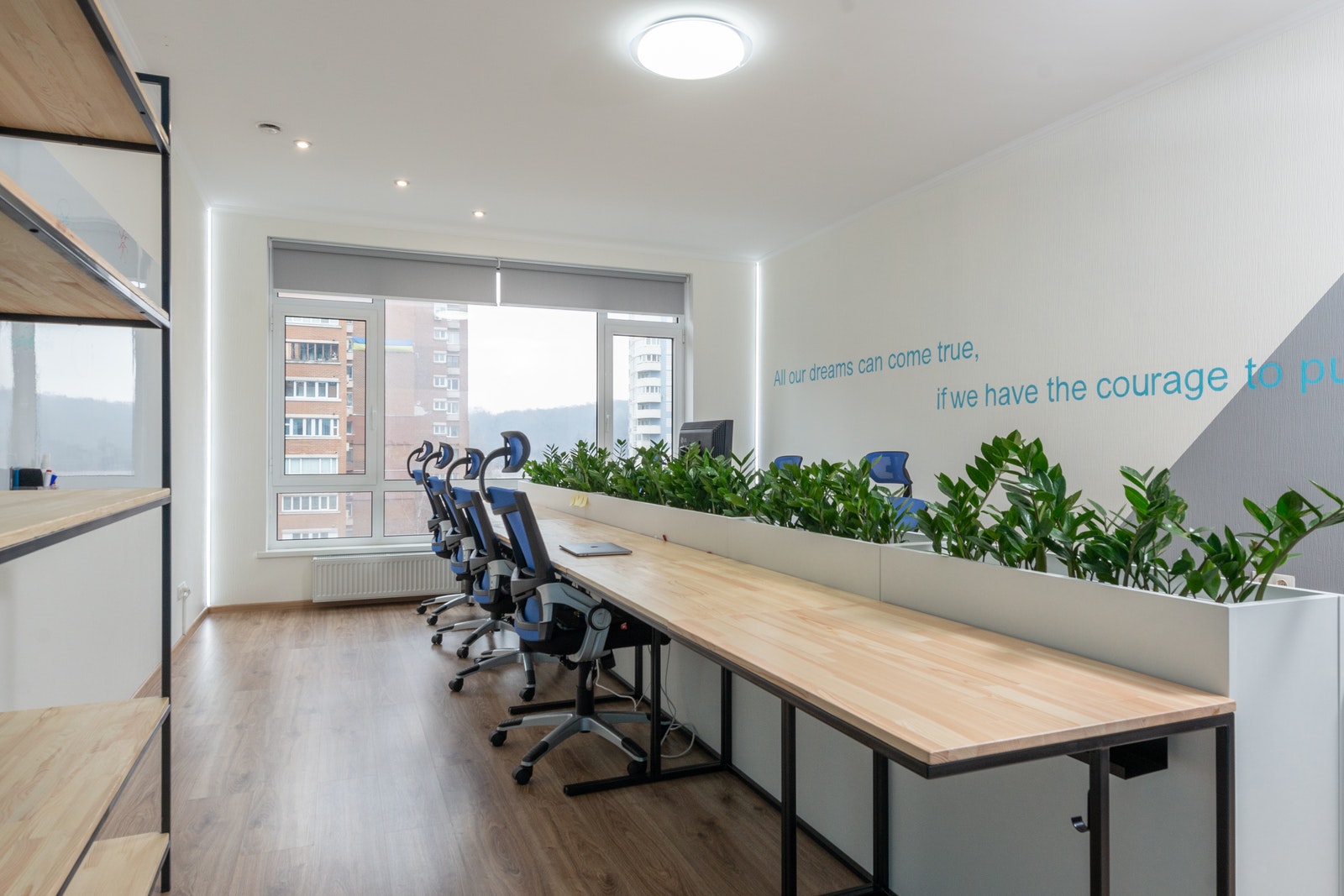As a business leader with post-COVID recovery in sight, you may find that you have mixed feelings and questions about how your team can best navigate the uncharted waters ahead. With many factors in play leaders may feel scattered and stressed. A change in mindset will enable leaders to show up differently, with decisiveness and a higher level of thinking.
Where do you start?
First, determine your team’s readiness to move forward. Your team is likely of one of two mindsets – recovery or regression.
Teams that are in recovery mode are cohesive and optimistic about moving forward, motivated by the promise of returning business. There is an appreciation for what each member contributes to the team and a synergy that helps balance the capabilities that exist within the team.
Teams that are experiencing regression may be fragmented and feel frustrated with no sense of relief, despite the promise of returning business and economic improvements. These teams may have thrived in during the crisis and the thought of business-as-usual creates feelings of optimism co-mingled with doubt, and feelings of lost opportunities.
What determines a team’s mindset?
For many business leaders and their teams, the pandemic served as a catalyst for improved performance. At the onset of the pandemic, priorities may have been crystal clear – do whatever was necessary to keep your business afloat. The crisis environment called for quick decision making, efficiency, and authentic interactions, generating appreciation for each other’s contributions and a realization of the significance of their own.
But as leaders consider how they will manage as the crisis subsides, the challenge may appear broader and the path forward not so obvious. Much has changed. You won’t – and likely can’t – go back to business as before. During the post-COVID transition, you will need to navigate new ways of doing business while sorting through your previous practices to see what still works.
For teams with a recovery mindset, the focus is on renewal rather than a return to the routine. Engage teams to evaluate what worked well during the crisis that can retain, and continue to cultivate, that sense of camaraderie, urgency, and purpose while redefining ways to work together within a new team dynamic.
For teams experiencing regression, the adrenaline-driven balancing of each other’s energies and capabilities and the resulting connections among team members are likely dwindling. Leaders may be tempted to resort to extremes – either micromanagement and hypervigilance, which will create tension within your team, or withdrawing and assuming the team will reset on its own, which will likely result in further loss of direction.
How can you recalibrate your team?
As leaders find a balance between rethinking the future and returning to a semblance of normal, it is imperative that they bring their teams along. Your organization cannot grow and change if you are the only one evolving.
In either camp, leaders can be most impactful by fostering a renewed enthusiasm for the company’s vision with a purposeful reorientation. To be most effective at recalibrating your team during the post-COVID recovery phase, you need to be keenly aware of what’s going on with its members and adapt your leadership accordingly to recapture a solid sense of purpose, find new meaning, and create realistic optimism about the future.
About Velocity Leadership Consulting
Velocity specializes in concurrent coaching of leadership teams. We help individuals work through and apply what they have learned about themselves during the COVID crisis. And we assist teams in evaluating and building upon the dynamics that worked, while weeding out those that didn’t, to empower a recovery in which they will thrive together, ready to face all new challenges as they arise.
